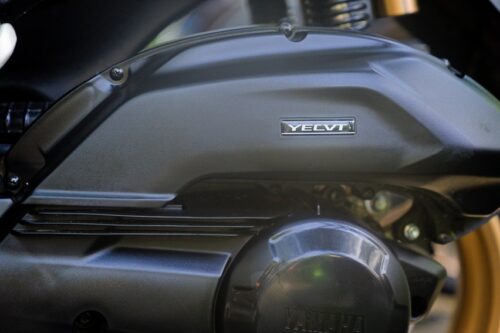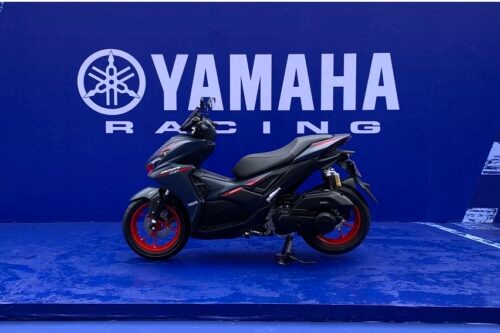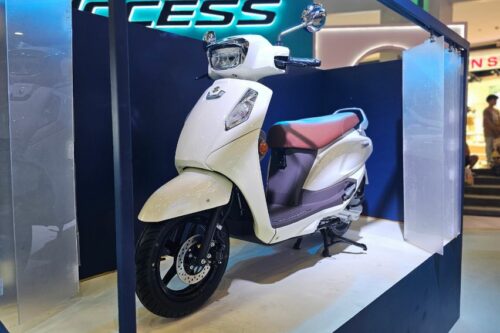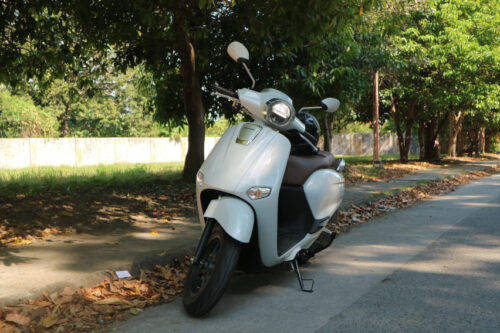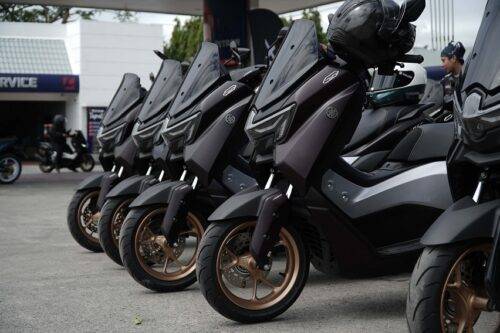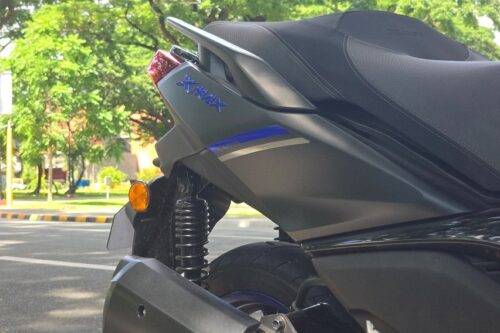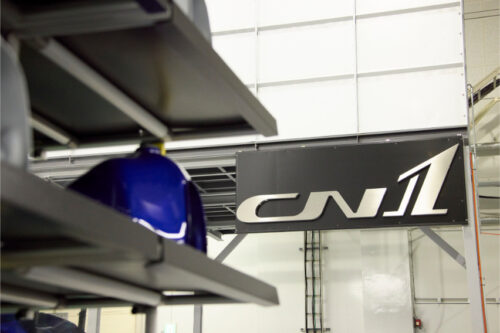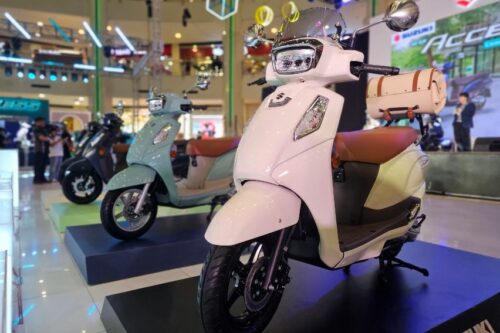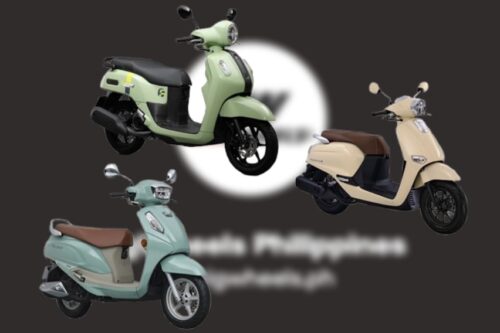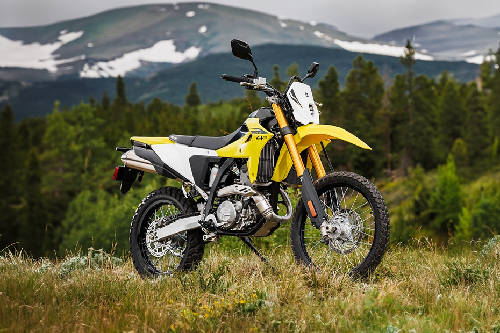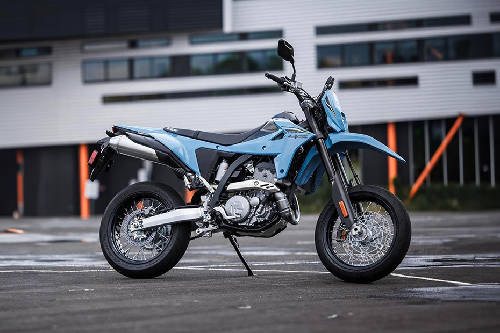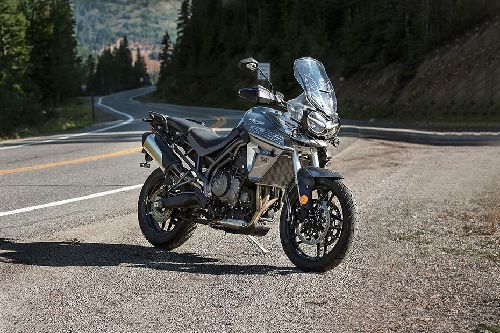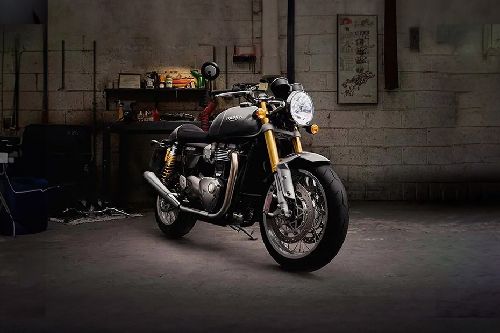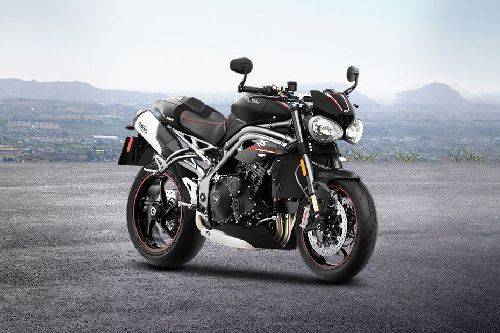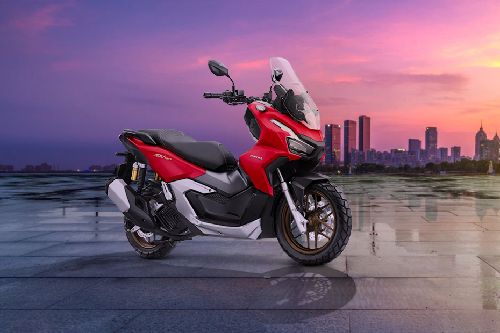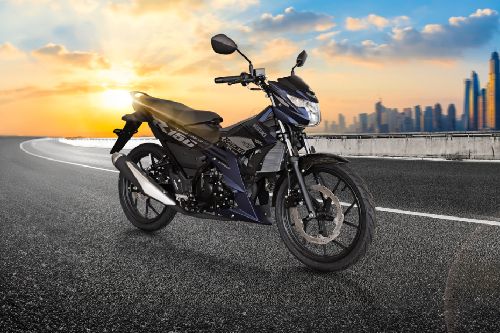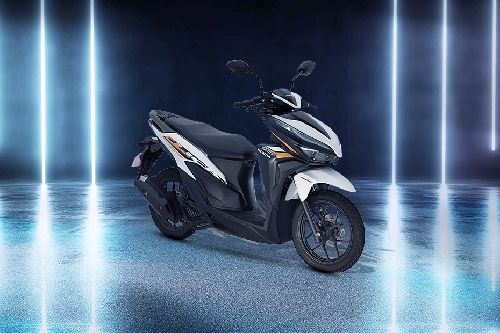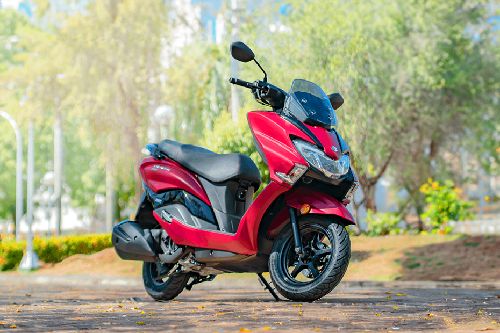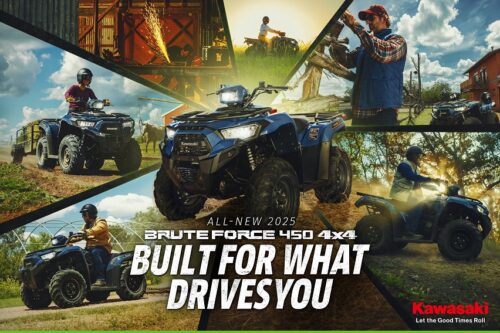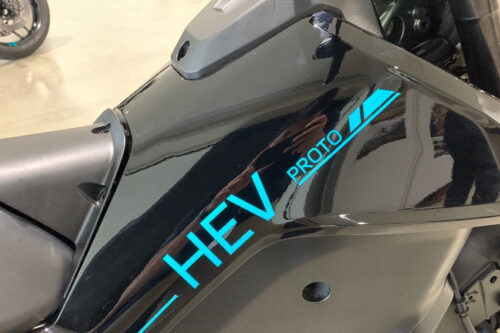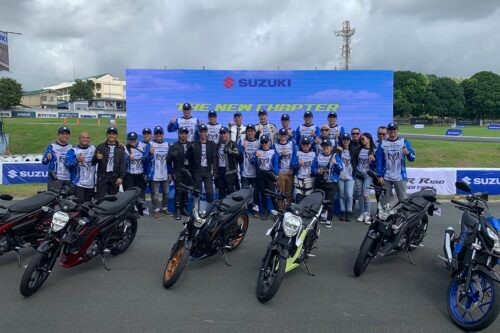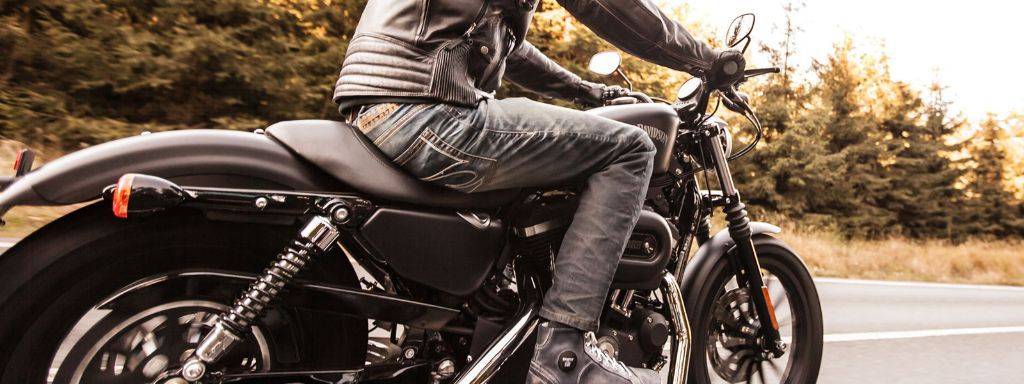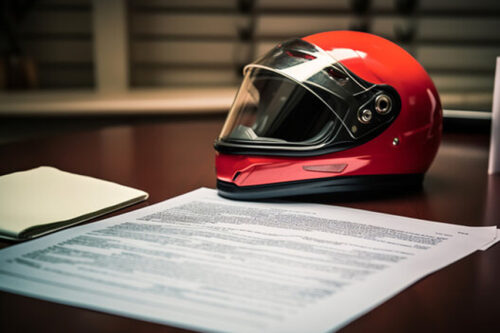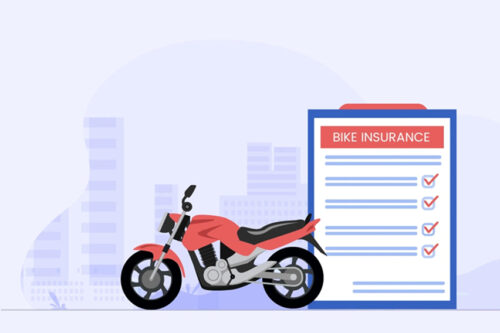From Thrills to Bills: Navigating the Financial Aspects of Owning a Motorcycle
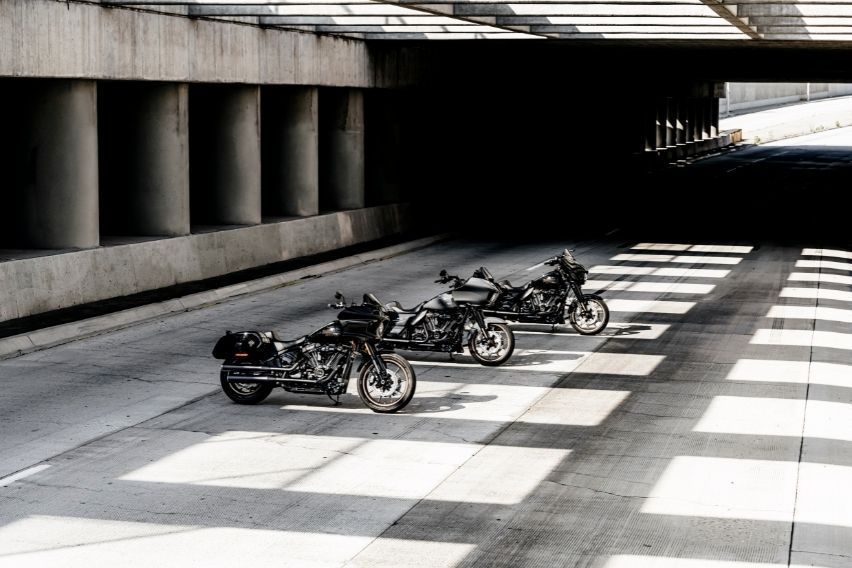
- KEY TAKEAWAYS
- Initial purchase costs
- Brand and model selection
- New vs. used motorcycles
- Price negotiation and financing options
- Maintenance and repair expenses
- Routine maintenance
- Replacement parts and repairs
- Regular service intervals
- Insurance and registration fees
- Compulsory Third Party Liability insurance
- Comprehensive insurance coverage
- Registration and documentation expenses
- Fuel and operational costs
- Fuel efficiency and consumption
- Regular oil changes and fluids
- Tire maintenance and replacement
- Safety gear and accessories
- Helmet and protective clothing
- Gloves and riding boots
- Additional safety accessories
- Financing and loan interest
- Motorcycle loan interest rates
- Loan payment terms and monthly installments
- Loan processing fees
- Depreciation and resale value
- Factors affecting motorcycle depreciation
- Maintaining resale value
- Selling and trading-in considerations
- Additional costs: Parking, storage, and upgrades
- Parking fees and secure storage options
- Modifications and upgrades
- Cost of additional accessories
- Final thoughts
When considering buying a motorcycle, it is essential to be aware of the various costs associated with such a purchase. While the thrill of riding and the freedom it provides are undeniably appealing, it is crucial to carefully evaluate the financial implications.
KEY TAKEAWAYS
What are the essential costs to consider when buying a motorcycle?
Beyond the initial purchase price, potential motorcycle buyers should consider expenses such as maintenance and repairs, insurance and registration fees, fuel and operational costs, safety gear and accessories, financing options, depreciation, and additional costs like parking and upgrades.Is it better to buy a new or used motorcycle to save on initial costs?
New motorcycles may come with higher price tags but offer warranties and the latest features. Used motorcycles are generally more affordable but require careful inspection and consideration of potential repair costs.How can motorcycle owners maintain the resale value of their bikes?
To maintain the resale value of a motorcycle, owners should focus on proper maintenance and regular servicing. Keeping records of maintenance and repairs, following manufacturer recommendations, and addressing any issues promptly can help maintain a higher resale value when it's time to sell or trade in the motorcycle.Beyond the initial purchase price, there are several expenses to consider, including maintenance and repair costs, insurance and registration fees, fuel and operational expenses, as well as safety gear and accessories. Moreover, financing options, depreciation, and additional costs such as parking and upgrades should also be taken into account.
Let’s delve into these different cost factors to help potential motorcycle buyers navigate their way through the financial aspects of owning a motorcycle.
Initial purchase costs
Brand and model selection
Choosing the right brand and model of motorcycle is an important decision that can significantly impact your initial purchase costs. Some brands may have higher price tags due to their reputation or features, while others may offer more budget-friendly options. Consider your needs, preferences, and budget when selecting a motorcycle to ensure you make the best choice.
New vs. used motorcycles
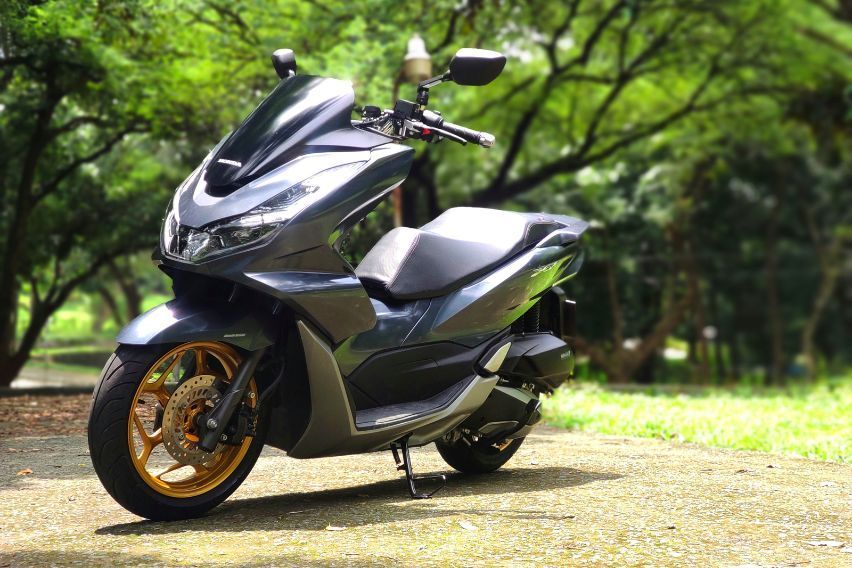
Deciding between a new or used motorcycle is another factor that affects your initial costs. New motorcycles tend to have higher price tags, but they come with the advantage of a warranty and the latest features. On the other hand, used motorcycles are generally more affordable, but you need to carefully inspect their condition and consider any potential repair costs.
Price negotiation and financing options
When purchasing a motorcycle, don't be afraid to negotiate the price. Many sellers are open to discussions, especially if you are buying a used motorcycle. Additionally, explore financing options to ease the burden of a lump-sum payment. Check with banks and financing institutions for motorcycle loan offers that fit your budget and financial capabilities.
Also read: 8 tips on buying your first motorcycle
Maintenance and repair expenses
Routine maintenance
Like any mode of transportation, motorcycles require regular maintenance to keep them running smoothly. Routine maintenance includes tasks like oil changes, chain adjustments, and brake checks. While some maintenance can be done by the owner, it is advisable to have a professional mechanic inspect your motorcycle at regular intervals to ensure optimal performance.
Replacement parts and repairs
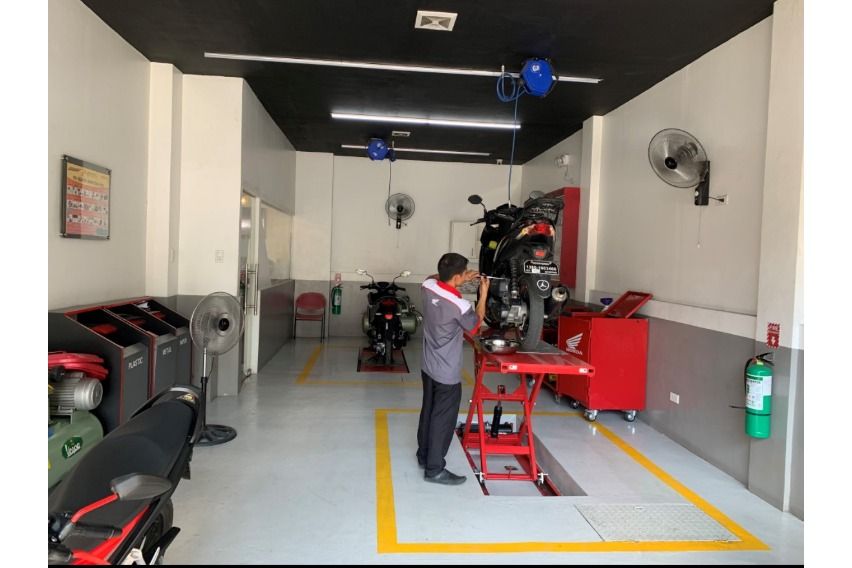
Over time, certain parts of your motorcycle may wear out or require repair. These parts can range from tires and brakes to electrical components and exhaust systems. It is important to budget for these potential expenses and research the availability and prices of replacement parts for your specific motorcycle model.
Regular service intervals
Aside from routine maintenance, motorcycles also require periodic servicing. These intervals are typically based on mileage or time. Regular servicing ensures that your motorcycle is in top condition and can help prevent breakdowns and expensive repairs. Make sure to factor in the cost of these scheduled services in your overall maintenance budget.
Also read: 8 common mistakes motorcycle owners should avoid
Insurance and registration fees
Compulsory Third Party Liability insurance
In the Philippines, all registered motorcycles are required to have Compulsory Third Party Liability (CTPL) insurance. This coverage provides financial protection in case of injury, death, or property damage caused by your motorcycle. The cost of CTPL insurance varies depending on the engine displacement of your motorcycle and is renewed annually.
Comprehensive insurance coverage
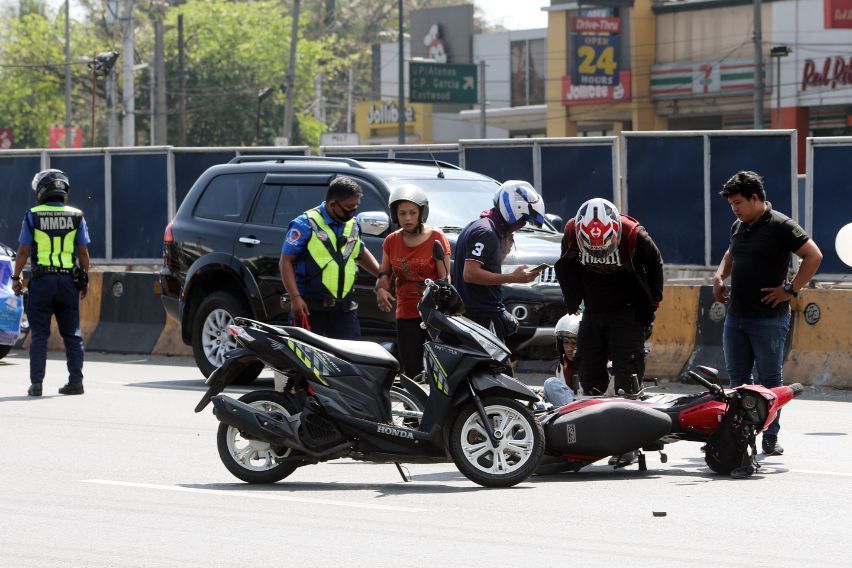
While CTPL insurance is mandatory, getting a comprehensive insurance policy is highly recommended. Comprehensive coverage provides protection for your motorcycle in the event of accidents, theft, fire, and natural disasters. The cost of comprehensive insurance depends on factors like your motorcycle's value, your location, and your driving history.
Also read: Need quality moto insurance? Standard Insurance has you covered
Registration and documentation expenses
Registering your motorcycle with the Land Transportation Office (LTO) involves fees for vehicle registration, plate number issuance, and other administrative costs. These expenses vary depending on the motorcycle's displacement and registration duration. Additionally, consider budgeting for the necessary documents like a driver's license with a motorcycle endorsement and emission testing certificates.
Fuel and operational costs
Fuel efficiency and consumption
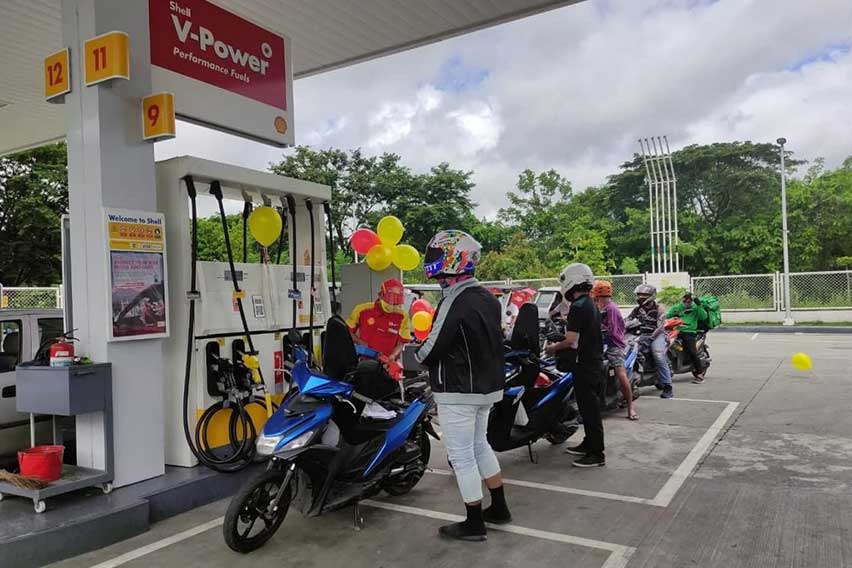
Consider the fuel efficiency and consumption of your chosen motorcycle model. Different motorcycles have varying fuel requirements, and some may be more fuel-efficient than others. Keep in mind that fuel costs can fluctuate, so factor in these expenses when planning your budget.
Regular oil changes and fluids
Regular oil changes are critical for maintaining optimal engine performance. The frequency of oil changes depends on your motorcycle model and usage. Additionally, other fluids such as brake fluid and coolant also require periodic replacement. Factor in the cost of these fluid changes when budgeting for motorcycle ownership.
Tire maintenance and replacement
Tires are an essential component for safety and performance. Regular tire maintenance, such as proper inflation and tread checks, ensures optimal handling and extends tire life. However, tires will eventually wear out and need replacement. Budget for the cost of new tires to maintain your motorcycle's safety and handling capabilities.
Safety gear and accessories
Helmet and protective clothing
A good helmet is non-negotiable. Look for a helmet that meets safety standards and provides proper protection for your head. Additionally, consider purchasing protective clothing such as jackets and pants to safeguard your body in case of an accident. Remember, it is better to be safe than sorry.
Gloves and riding boots
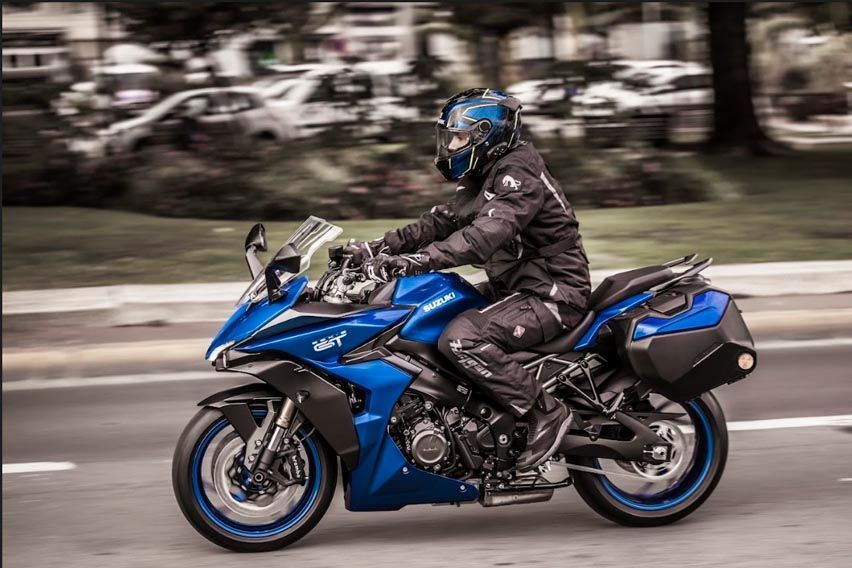
Having the right gloves and riding boots not only protects your hands and feet but also enhances your grip and control of the motorcycle. Look for gloves that provide adequate protection without sacrificing comfort. As for riding boots, choose ones that offer ankle support and good traction to keep you safe on the road.
Additional safety accessories
In addition to the basics, there are other safety accessories you might want to consider. These include knee guards, elbow guards, and back protectors. While not mandatory, they can provide an extra layer of protection, especially during long rides or off-road adventures. Assess your riding habits and choose the accessories that best suit your needs and budget.
Financing and loan interest
Motorcycle loan interest rates
Interest rates vary depending on the lending institution and your creditworthiness. Before committing to a loan, shop around and compare different lenders to find the best interest rates available. A lower interest rate can save you a significant amount of money in the long run.
Loan payment terms and monthly installments
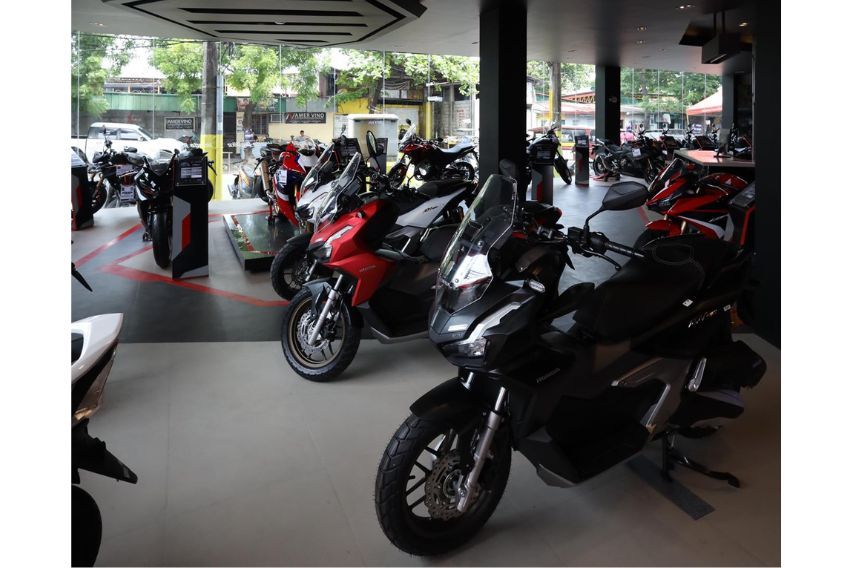
Consider the length of the loan and the resulting monthly installments. A longer loan term may lower your monthly payments but increase the overall interest you will pay. On the other hand, a shorter loan term might have higher monthly payments but result in less interest paid over time. Assess your financial situation and choose a loan term that works best for you.
Loan processing fees
Keep in mind that lenders often charge loan processing fees. These fees can vary, so it is important to understand the total cost of the loan, including any additional charges. Factor these fees into your budget to avoid any surprise expenses.
Depreciation and resale value
Factors affecting motorcycle depreciation
Several factors can affect a motorcycle's depreciation rate, including brand reputation, mileage, condition, and market demand. It is important to research and choose a motorcycle that holds its value well if you plan to sell or trade it in the future.
Maintaining resale value
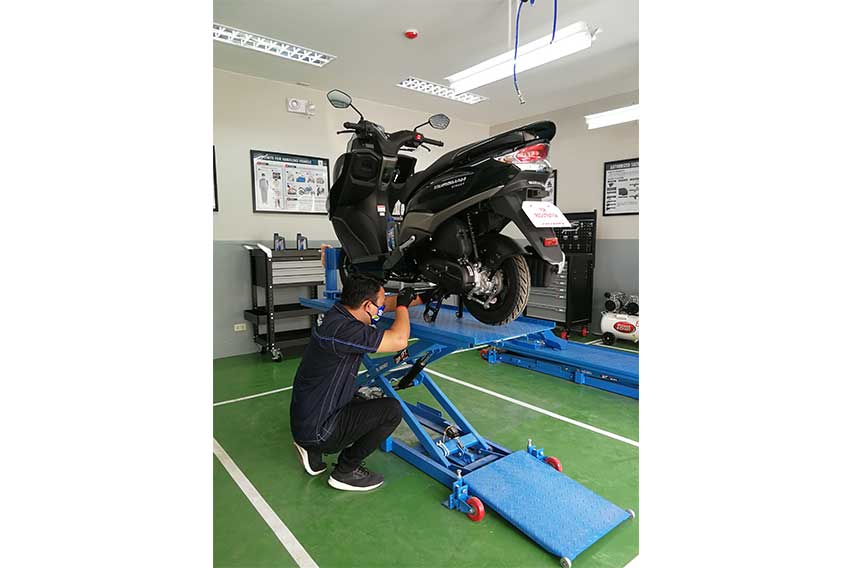
To maintain the resale value of your motorcycle, proper maintenance and regular servicing are crucial. Keep records of maintenance and repairs, follow manufacturer recommendations, and address any issues promptly. A well-maintained motorcycle will generally fetch a higher price when it is time to sell.
Selling and trading-in considerations
When the time comes to sell or trade-in your motorcycle, there are additional costs to keep in mind. You might need to spend money on advertising, cleaning, and possibly fixing any minor issues before selling. Alternatively, trading in your motorcycle at a dealership can save you the hassle of selling but may result in a lower selling price. Consider these factors when planning to part ways with your motorcycle.
Additional costs: Parking, storage, and upgrades
Parking fees and secure storage options
If you live in a condo or an area where parking is limited, you might have to pay for parking or find secure storage options. Assess these costs and factor them into your monthly budget to avoid any surprises.
Modifications and upgrades
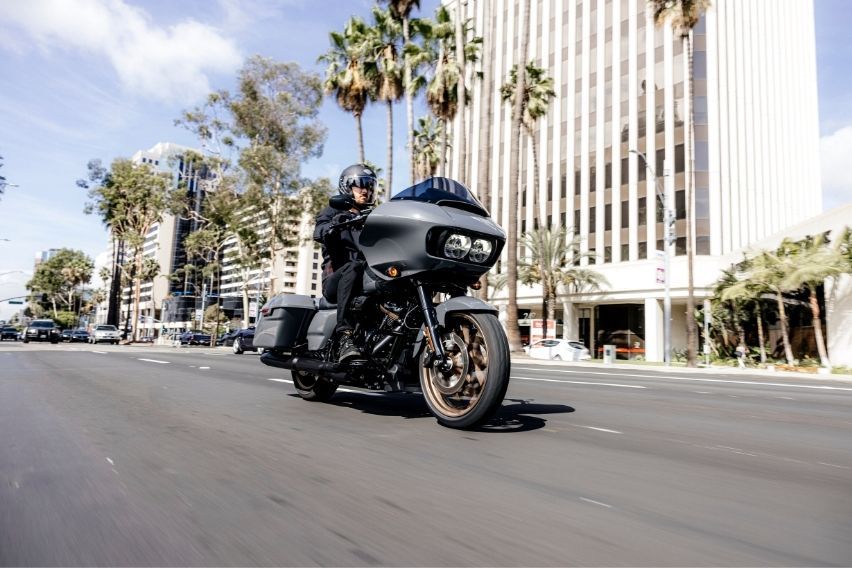
Motorcycle enthusiasts often enjoy customizing their bikes with modifications and upgrades. While these can make your ride more enjoyable, they can also come with a price tag. Consider the cost of any future modifications and upgrades you might want to make before purchasing a motorcycle.
Cost of additional accessories
Lastly, keep in mind that there may be additional accessories you will want to purchase for convenience or personalization. These can range from phone mounts and luggage racks to tank pads and LED lights. While not essential, these accessories can add up, so factor them into your budget if you plan on adding some flair to your ride.
Final thoughts
Buying a motorcycle involves more than just the upfront cost of the bike. It is important to consider ongoing expenses such as maintenance, insurance, fuel, and safety gear. Additionally, financing options, depreciation, and additional costs like parking and upgrades need to be factored in. By planning ahead and accounting for these costs, you can enjoy the freedom and thrill of motorcycle ownership without any unexpected financial surprises.
Photos from Harley-Davidson Philippines, Honda Philippines Inc., Joey Razon for Philippine News Agency, Pilipinas Shell Petroleum Corporation, and Suzuki Philippines Inc.
Trending & Fresh Updates
- Latest
- Popular
You might also be interested in
- News
- Featured Stories
Featured Motorcycles
- Latest
- Upcoming
- Popular
Latest Motorcycle Videos on Zigwheels

Motorcycle Articles From Carmudi
- journal
- advice
- insurance




